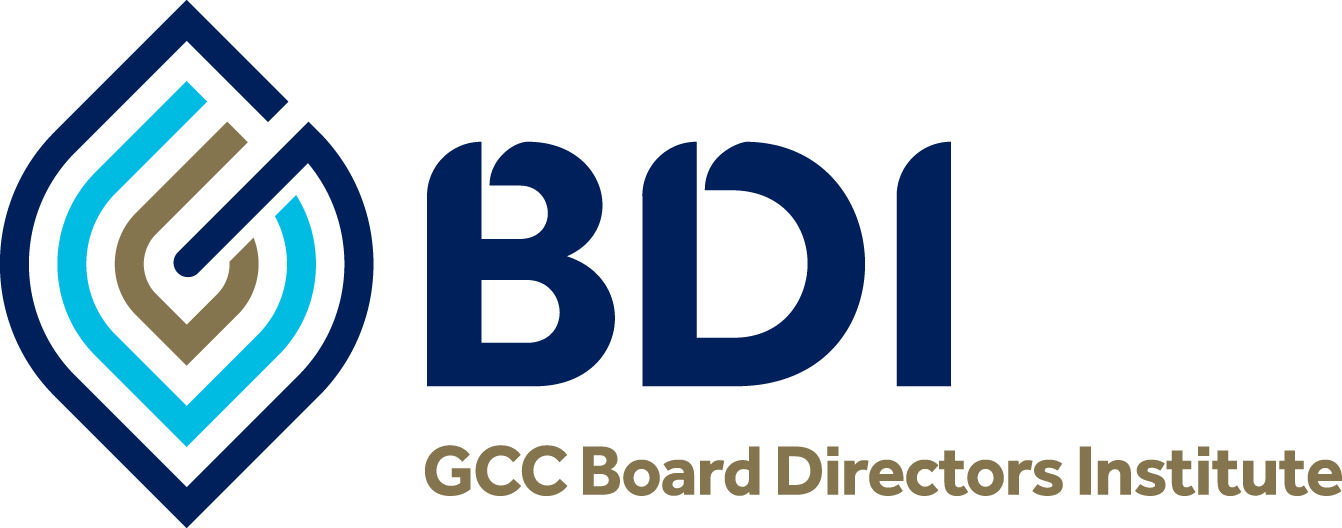The Line of Succession: What the New Governance Guidelines Mean for Family-owned Companies
Family businesses are woven into the fabric of the UAE. Already responsible for a large percentage of the country’s GDP, they will play a key role in driving forward the UAE’s economic goals. But, as these businesses shift from one generation to the next, challenges around succession, inheritance, and governance have begun to arise.
New governance guidelines like the framework recently issued in Dubai by the Dubai Centre for Family Businesses are creating a clearer path for families navigating these emerging challenges.
Family businesses as multi-billion dollar companies
In the UAE, family-owned businesses contribute 60% of the country’s Gross Domestic Product (GDP) and have been central to its growth since its formation in 1971. Indeed, a report by KPMG found that the top ten family businesses in the region have a net worth of over $31 billion (AED114 billion) and employ 600,000 people.
And with the introduction of a range of new laws, initiatives, and programs, the UAE is focused on stimulating further growth here. For example, back in 2021, the government launched the Thabat Venture Builder initiative with the aim of transforming 200 family business projects into major companies by 2030, part of the wider goal to double family-owned businesses’ contribution to GDP to US$320bn by 2032.
This followed the late H. H. Sheikh Khalifa bin Zayed Al Nahyan, former president of the UAE, issuing a new family business ownership governance law to facilitate the transition to successive generations.
More regionally, family businesses also hold a central position in Dubai’s economic growth plans, including under the Economic Agenda “D33,” which aims to double the size of Dubai’s economy by 2033.
A rise in disputes
Although an integral part of the country’s economy, recent research shows that family businesses are braced to face turbulence ahead, with family disputes on the rise, according to the DIFC Family Wealth Centre. A prime reason cited for this rise in disputes is generational transition. Nearly 40 per cent (38%) of these businesses are still chaired by the first generation, with generational transition expected in the next five-to-ten years.
Yet, despite such a large percentage of businesses being run by an ageing chair, research shows that many high-net-worth individuals (HNWIs), do not have a plan in place. A recent survey from global wealth and asset manager Lombard Odier, for example, found that while 87% believed their family business is structured for efficient intergeneration wealth transfer, only 24% said they had a full estate plan in place.
As a result, a number of high-profile cases have hit international headlines in recent years, revealing the cascading impact that this can have in a country where family businesses make up 90% of private companies and employ 80% of the workforce.
That being said, aside from the trials and tribulations that arise in place of planning ahead, a recent DIFC Family Wealth Centre survey also found that insistence on family control, “regardless of qualification,” is creating ripples. Indeed, considering that some experts cite a lack of leadership as a primary reason for family businesses failing, it’s key that multi-generational family-owned entities prepare successors for their future roles to ensure transgenerational resilience.
This preparation involves equipping the next generation with the right managerial skills and financial acumen. Likewise, creating clear and defined roles and responsibilities is essential for business sustainability and success as leadership transfers from one generation to the next.
Developing effective governance frameworks for business sustainability and smooth succession
Recognising the influx and magnitude of the challenges facing family-owned businesses, the Dubai Centre for Family Businesses was formed under the umbrella of Dubai Chambers to support them, create a sustainable family business ecosystem and foster growth.
Part of a comprehensive scheme approved by HH Sheikh Mohammed bin Rashid Al Maktoum during Dubai Council’s fifth meeting back in May 2022, the new governance guidance provides advice, practical tips, tools and insights on establishing effective governance structures and emphasises the value of developing a Family Constitution.
Further, the guidelines also function to assist families in mapping the roles, responsibilities and relationships of their businesses, encouraging open and honest discussion around “complex issues.”
Jane Valls, Executive Director of GCC Board Directors Institute, said that the newly released guidelines represent “a significant achievement in promoting sustainable growth and stability in the UAE’s business environment.”
“These guidelines specifically address the unique challenges faced by family-owned businesses and give priority to environmental, social, and governance (ESG) considerations, aligning them with global sustainability efforts. The need for family businesses to adopt good governance arises from the importance of establishing transparent decision-making processes, ensuring accountability, and maintaining a clear framework for long-term success and sustainability,” she noted.
Valls added that, from an ESG standpoint, the guidelines ensure that family businesses in Dubai adopt “responsible practices” by “integrating environmental conservation, social welfare, and ethical governance into their fundamental operations.”
“This commitment not only improves their reputation but also attracts investors and stakeholders who prioritise sustainability, fostering long-term viability.”
This sentiment was echoed by Dr. Ashraf Gamal ElDin, CEO of Hawkamah, who called the Governance Guidelines for Families in Business “essential” for assisting family-owned businesses to design and develop their family governance frameworks and structures.
“By adhering to these guidelines, families can enhance transparency, strengthen decision-making processes, foster family unity, and promote long-term sustainability. This guide is a powerful tool which will empower families to navigate the intricate interplay between family dynamics and business operations and ensure the smooth succession and continuity of family businesses in the region,” he said.
With family businesses in the UAE specialising in sectors spanning from retail to finance and a market value in the billions, ensuring their sustainability is crucial for the country’s continued prosperity. And this sustainability extends far beyond just economic worth and financial growth and means being directed by good governance and more environmentally and socially mindful operations, in line with the UAE’s Green Agenda 2030.
